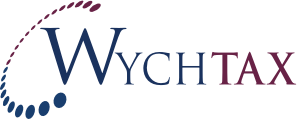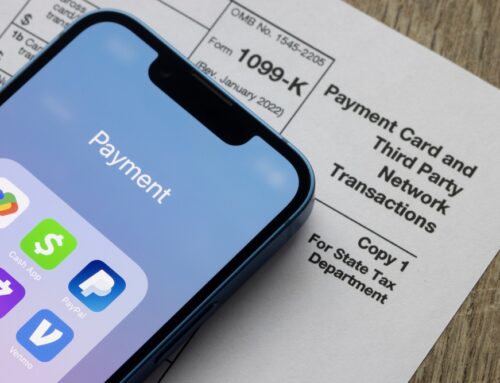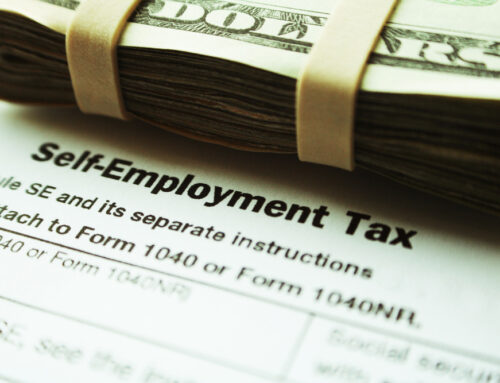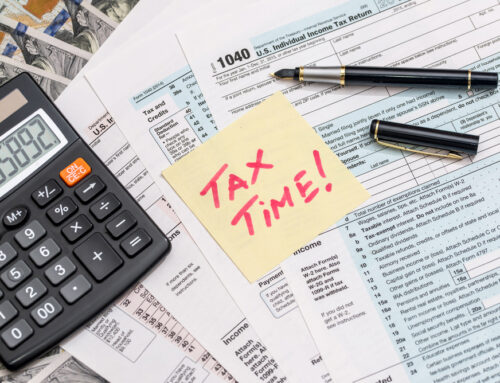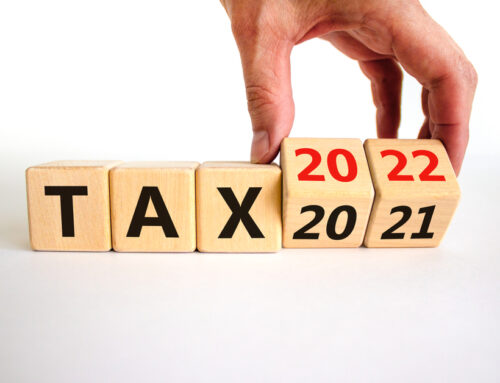It’s not uncommon for teens and young adults to become entrepreneurs even before they get their first position as an employee. For example, many kids start babysitting, mowing lawns, shoveling driveways, walking dogs, and more to make a little bit of cash. But because none of these are W-2 jobs, they are considered independent contractor or self-employed work under certain criteria.
If you have children under the age of 18, it’s likely you file them as dependents on your tax return. Even so, if your child is making income from this type of work and gets paid more than $400 over the course of the year, they are required to file a tax return and pay income taxes. (Yes, even minors.) Teens and young adults can prepare and sign their own tax return.
Important note: Parent’s cannot claim a dependent’s earned income on their own tax return.
What do they owe?
Self-employed teenagers and young adults are responsible for both income tax and self-employment tax, just as any other self-employed individual or independent contractor would be. Self-employment tax is the equivalent of the Social Security and Medicare taxes that are withheld from the paycheck of a wage earner.
When you are self-employed, you are responsible for the full 15.3% of your business’ net income (gross income minus business expenses). This differentiates from when you are employed because you and the employer would each pay half. For example, if a teen makes $1,500 net income in the course of the year mowing lawns, they will owe $229.50 in FICA taxes.
Income taxes are also assessed against your net income plus any other income you may have beyond that. For something like mowing lawns, there may not be many expenses, although consider any equipment or supplies purchased by the teenager or young adult as an expense (e.g., gas for the lawn mower).
How to prepare for filing a tax return
There are a few things young entrepreneurs can do to prepare for and stay on top of their tax responsibilities, including:
- Keeping track of any financial records of their work — each job they completed, how much they were paid, etc.
- Paying estimated taxes if necessary. If the teen or young adult is expected to owe at least $1,000 in tax by the end of the year, they are required to make estimated tax payments quarterly to avoid a penalty by the IRS. You can use this form to help calculate quarterly estimates.
- Deduct any expenses possible. This can include purchased supplies, mileage driven to and from a job, usage of a phone for business, and more.
Talk to a professional
Filing tax returns as a teenager or young adult can be confusing and overwhelming, and it’s important to ensure that all the right requirements are being met. As a parent, you may even have questions yourself. We encourage you to reach out to us at Wych Tax if you want to know more — our expert team of accountants and advisors are always ready to help. Call us at 970-223-0792 or schedule an appointment by visiting our website.
